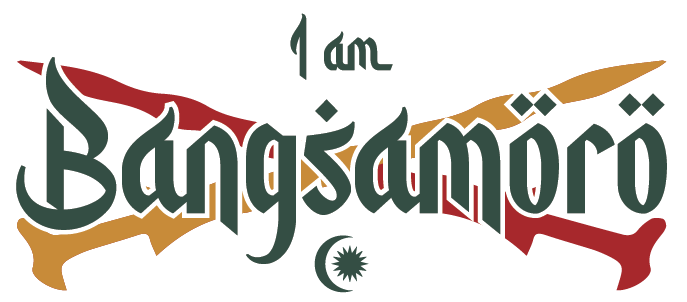Our Novel
Part 1: Arrival of Islam
Utoh, a young boy from Simunul Island, witnesses the arrival of Sheikh Karim-ul Makhdum, a Sunni Sufi scholar who introduces Islam to their community. Inspired by his father's conversion to Islam, Utoh seeks knowledge from the Sheikh and embraces the teachings of Islam. Under Sheikh Makhdum's guidance, the village undergoes a transformation, embracing Islamic principles and building the first mosque on the island, becoming a beacon of faith and knowledge in the region. Sheikh Makhdum's legacy lives on in Utoh and the villagers, inspiring them to uphold their faith and community values for generations to come.
Part 2: The Colonial Period
In the colonial period of Mindanao, General Corcuera, representing the Spanish crown, clashed with Sultan Muhammad Dipatuan Kudarat, a legendary leader embodying resistance. Despite initial tensions, Sultan Kudarat's steadfastness and diplomatic finesse led to a fragile peace treaty with the Spanish, fostering hope for mutual prosperity. However, renewed hostilities erupted, testing Sultan Kudarat's resolve and his people's unity, yet his unwavering commitment to independence ultimately prevailed. Sultan Kudarat's legacy as a wise and brave leader, who united the diverse Moro groups and defended their independence, continues to inspire unity and strength in Mindanao.
Part 3: The Revolution
In the midst of tragedy and oppression, three young Moro friends, Khalil, Ibrahim, and Jamal, are drawn together by their shared dreams of peace and prosperity for their people. Guided by their mentor Dr. Hassan, they navigate the challenges of being minority students in a predominantly Catholic region while envisioning a future where Moro traditions are respected and cherished. However, their hopes are shattered by the Jabidah massacre, igniting a righteous indignation and sparking a call for justice that leads to their active involvement in the Moro revolution. United by their shared purpose and fueled by a desire for self-governance and cultural preservation, Khalil, Ibrahim, and Jamal embark on divergent paths within the revolution, yet remain connected by their enduring bond and commitment to the Moro cause.
Part 4: The Pathways to Peace
In the year 2000, amidst the conflict between the AFP and MILF in Mindanao, 12-year-old Fatima and her mother fled Pikit for Davao City, leaving behind her father, Rashid, who stayed to fight. In Davao City, they found a community of displaced individuals and began rebuilding their lives. Muslima, Fatima's mother, emerged as a beacon of hope, leading peacebuilding efforts and eventually founding HI Peace, an organization promoting dialogue and reconciliation. Despite facing prejudice and challenges, Fatima was inspired by her mother's dedication and pursued a career in law to advocate for peace and justice in their community.

